Connecting College Students to Agriculture, A Success Story
What do you do when students make it all the way to college and don't understand where food comes from or why and how it is produced? Dr. Robert Beckstead of UGA did not sit idly by, he created a college level class to get students to think critically about ag.
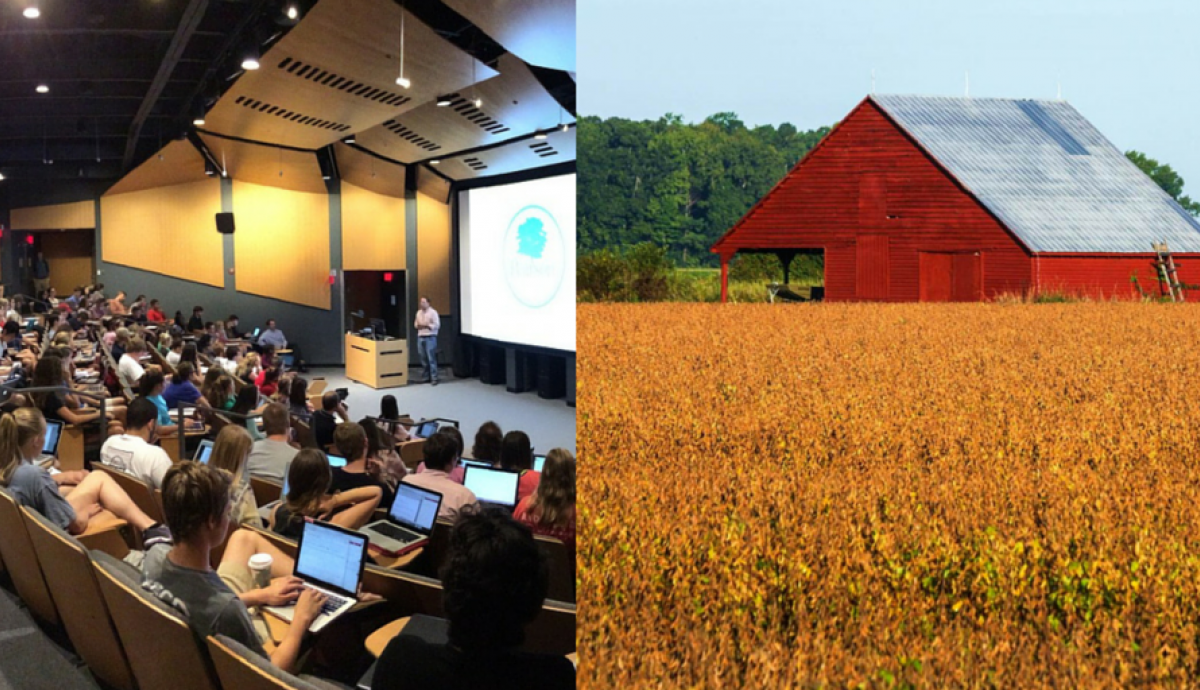
In Georgia one professor saw how disconnected students were to agriculture, how they were missing job opportunities, and how propaganda and misinformation were shaping their opinions. So he did something about it – he created a class to help college students connect back to agriculture.
And guess what?
It worked.
We interviewed Dr. Robert Beckstead about the success of his class:
1. Briefly, what is your background and how are you connected to agriculture?
I am an associate professor in the Department of Poultry Science at the University of Georgia. I am also the chairman of the Board for Project Food, Land and People. FLP is a nonprofit organization whose goal is to develop citizens who are literate about the relationships between agriculture, the environment, and human populations.
2. What inspired you to start your class, Effects of Global Agriculture on World Culture?/ What was your goal in starting it?
I had several reasons for starting this class:
- Ideas about farming were being taught outside of the Agricultural Colleges.
- Most students had negative views regarding conventional agriculture.
- Most students did not understand the importance that agriculture had in their life. As a result students had limited exposure to jobs in agriculture and I wanted to recruit students into majors in agricultural fields
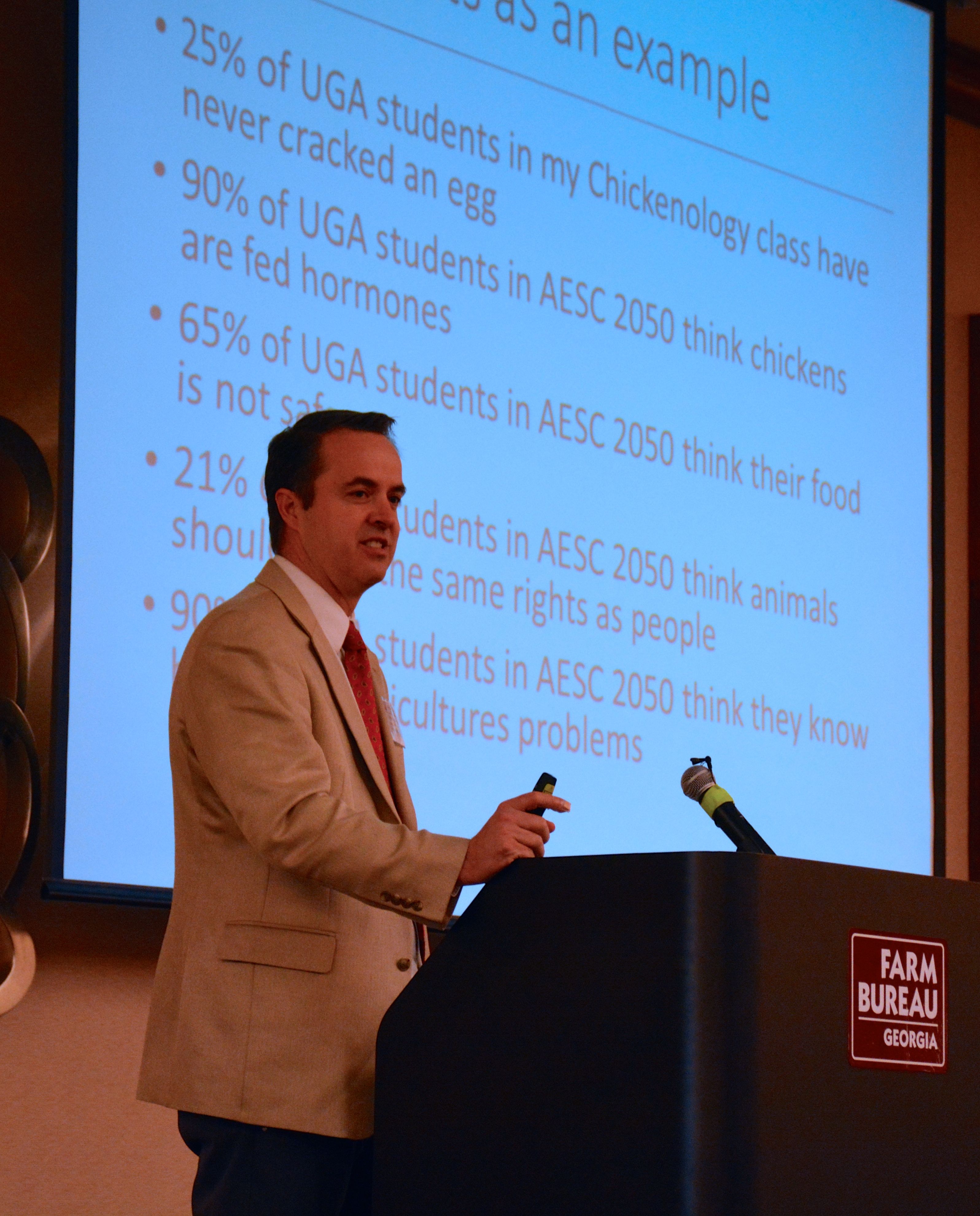
(Dr. Beckstead addressing the Georgia Farm Bureau State Board in May 2015)
3. At first, what were student’s reactions to this new information? Did these students come from an ag background? How did their perceptions change?
Students in this class come from a wide variety of majors, with few having an agricultural background. Most students only knowledge of agriculture comes from a garden, a grocery store, or Food Inc. Because of this students were surprised at how sustainable and safe modern agriculture is.
Students in this class, through the Georgia Farm Bureau, had the opportunity to meet local farmers. Students were impressed with the education and excitement these farmers had for their careers. In one class, 40% of the students said that they would consider agriculture as a career after a question and answer session with a farmer. Classes asked the same question prior to meeting with a farmer only had a positive response of 6-8%.
(Georgia Farm Bureau sponsored a field trip in April 2015 to Moon Farms, a diversified farm in Northeast Georgia, about 30 minutes from UGA’s campus.)
4. Do you have a specific story of a student/students and their journey to better understanding agriculture?
Here is a quote from one of my students:
“I didn’t know anything about agriculture before this class, but I absolutely loved learning about it! I now know the science behind GMOs and will laugh at people who think they are dangerous (use to be me). I was shocked by Food Inc. when I saw it and totally believed every second of it! But now I laugh more (especially at myself) because propaganda got me good.”
5. Why do you think educating about agriculture is important?
The public votes every time they purchase food. This vote determines how farmers are required to produce food. Additionally, the public will determine the laws that regulate farming practices. I believe there is an organized effort to make conventional agriculture appear non-sustainable. Unless the public is educated regarding the sustainability of conventional agriculture, farmers will suffer, the price of food will rise, and fewer students will be interested in agriculture as a career.
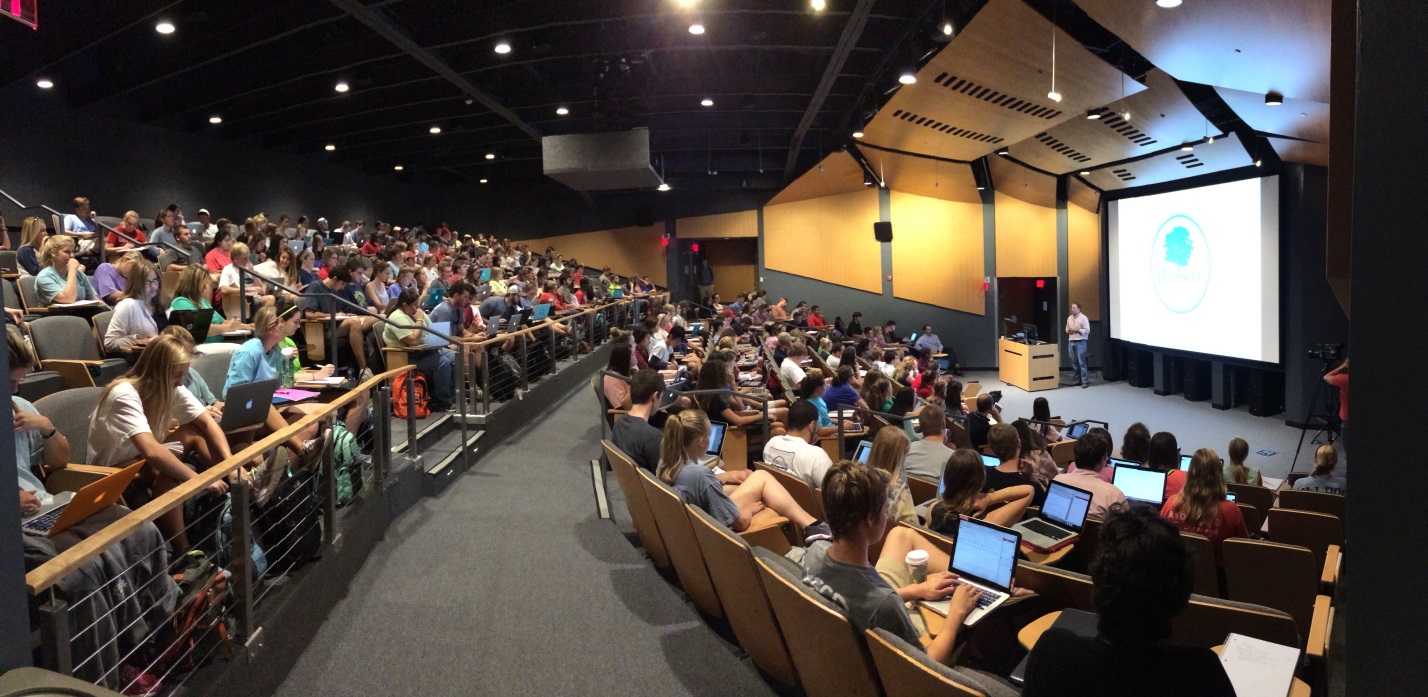
(Lawton Pearson from Pearson Farms addressing Dr. Beckstead’s class)
6. How do you think your class has impacted the lives of your students?
One of the key components of my class is to help students develop critical thinking skills. My goal is to have students learn to evaluate information the hear in the news and read on the web or social media. I have found that students that begin to question propaganda regarding agriculture, usually come to the correct answer on their own. In many cases they are angry about the misinformation that is so casually presented as fact. The students that I worry about, never question what they hear and usually hold on to their misconceptions.
7. Your class started out small and quickly became a large success, what do you credit that to, besides your fantastic teaching? Is your class still expanding?
At the university, students are limited in the number of elective classes that they can take and so few students are inclined to take a agriculture and culture class.
This class was designed help students:
- Understand how agriculture shapes different cultures.
- Understand how human decisions regarding food production affects culture, international relationships, politics, economics, and the ecosystem.
- Understand how different cultures perceive and practice agriculture and how food is a basic and defining aspect of every culture.
- Understand how the future quality of human existence is dependent upon international cooperation to promote and maintain sustainable food production.
By incorporating cultural aspect into the class, I was able to get the course approved to fulfill the World Languages and Culture section of the UGA core graduation requirements. This allowed students the opportunity to take the class and have it count. Having a class in the UGA core also increased enrollment of students outside of the College of Agricultural and Environmental Sciences.
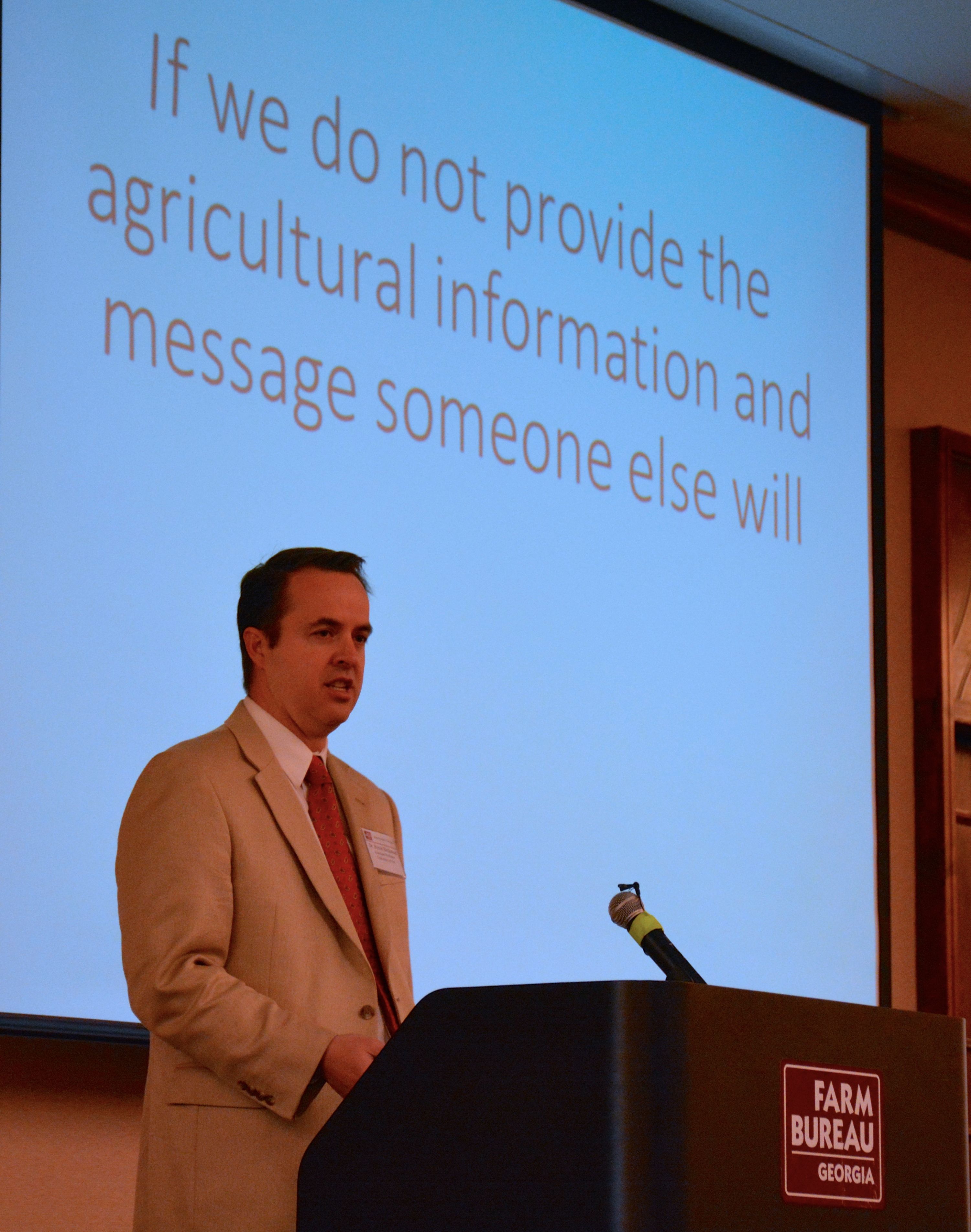
(Dr. Beckstead addressing the Georgia Farm Bureau State Board in May 2015)
7. What can we all do to help others understand agriculture more?
I believe that as a whole the agriculture sector tells the public that they are a family farm that works hard and would not do anything to endanger the food supply. With only 1% of the population farming, the majority of the public has a lack of knowledge regarding food production. Because of this it is hard for most people to know if the information they are hearing is correct. Unless we take time to educate students through developing and teaching good K-12 agriculture curriculum that can be used in all school classes (outside of FFA and 4-H program), we will continue to have an agriculturally illiterate public. We also need to educate all citizens through agricultural outreach.
This class has had such a positive impact on its students. We hope that more universities across the country consider creating classes like this one.
For more information about Dr. Beckstead’s class watch this video from Georgia Farm Bureau . A special thank you to Dr. Robert Beckstead for not only helping with this interview, but for continuing to educate students about agriculture!
Another thank you to Georgia Farm Bureau for all of the photos used in this blog, for connecting the Foundation to Dr. Beckstead, and for understanding the importance of connecting students to farmers.
Get student’s started early with ag literacy. Check out our Pillars of Ag Literacy to see specific learning standards for ag literacy per grade level.



